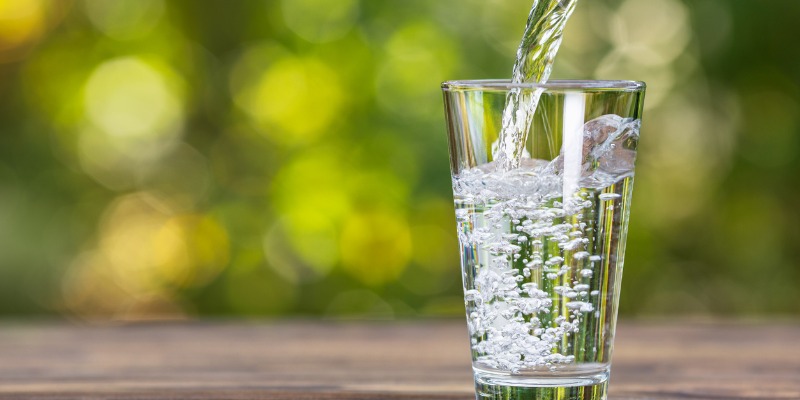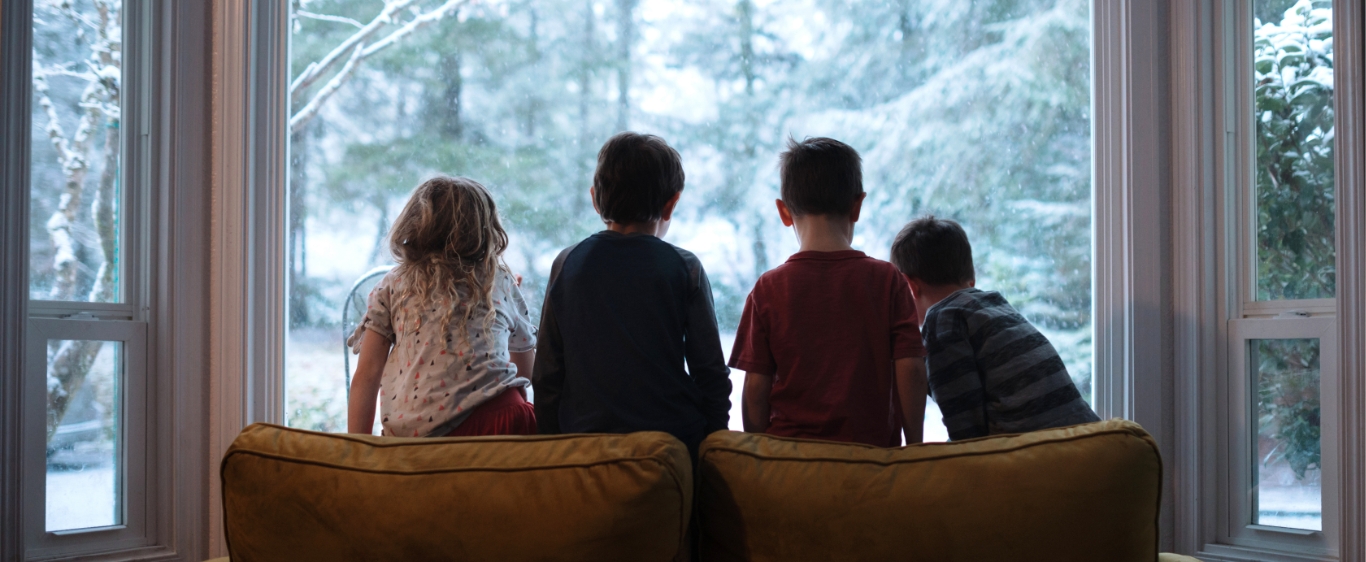
Hard water is water with dissolved minerals in it. These minerals are safe to drink, but they still impact your water quality. Soft water is water with fewer or even no dissolved minerals in it except for small amounts of sodium to replace the minerals. The hardness of water is a matter of degrees. Some people may have very hard water from their taps that undermine their appliance’s performance. For others, hard water may not be worth worrying about. Here’s what you need to know about hard and soft water.
Why Do I Have Hard Water?
If hard water has minerals such as calcium, magnesium, chalk, and lime in it, how did it all get there? When rain falls from the sky, it is soft water. However, once in contact with the Earth, it naturally picks up these minerals. Water will be harder in areas where there are more of these minerals.
Your city or municipality cleans your water for you at the water plant. These systems are designed to target harmful substances that could be in your water, such as bacteria, viruses, or dangerous metals. However, it’s fine to drink calcium and magnesium, so water plants typically leave hard water as it is.
Are you interested in purchasing a water softener? Contact our specialists at Guelph ClimateCare today for any help and information.

What are the Effects of Hard Water?
Hard water isn’t all negative. Some of the minerals in hard water are important for our health, such as calcium and magnesium. If you are deficient in these minerals, then it may make sense for you to drink hard water. On the other hand, most people are not low on these minerals, and using hard water can have negative effects too. These negative effects include:
- Scale: Hardwater will build upscale in every fixture and appliance that uses it. The same hard, milky substance at the bottom of your kettle will collect in your washing machine, dishwasher, and showerhead. These can cause clogs and wear down the appliances and fixtures, forcing you to clean them regularly and likely replace them early.
- Soap: Hardwater does not create as much of a suds reaction with soap. It can undermine the effectiveness of your hand soap, shampoo, body soap, and dishwashing soap.
- Staining: Hard water can also stain your bathtub, cups, and anything else that it touches. It can also contribute to dishes that still seem wet or stained when you take them out of the dishwasher.
How Do I Soften My Water?
If you’d prefer to have soft water, where the minerals are replaced by small amounts of salt, you can get a softener installed for your whole home. When you have a whole-home water softener, you can use all of the taps and faucets freely and do laundry knowing that all of the water you use is just how you want it.
Do you know what kind of water you have in your home? If you don’t, our experts at Guelph ClimateCare are ready to help! Contact us today.








